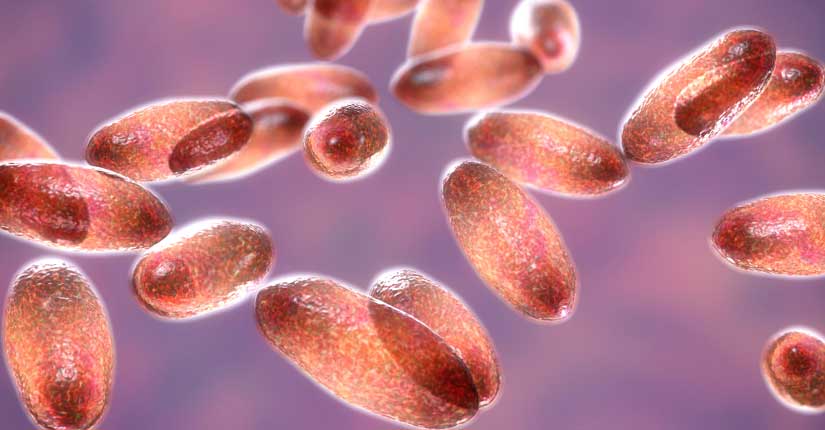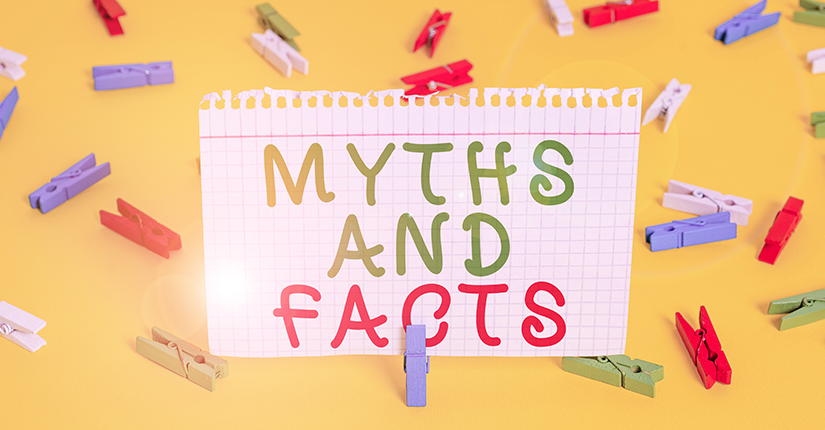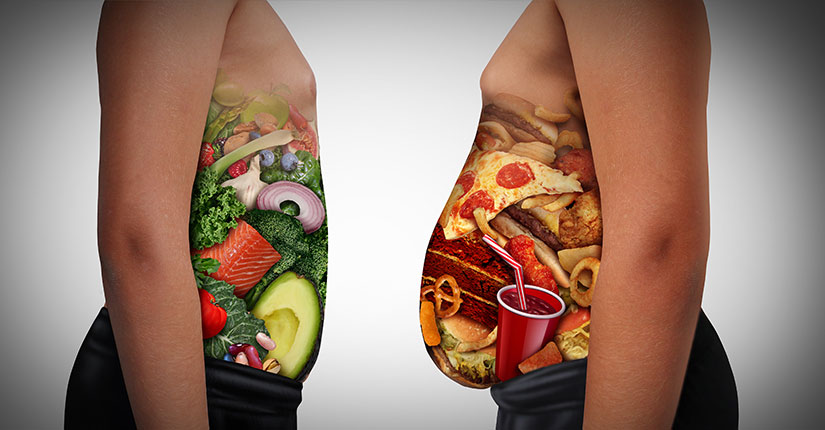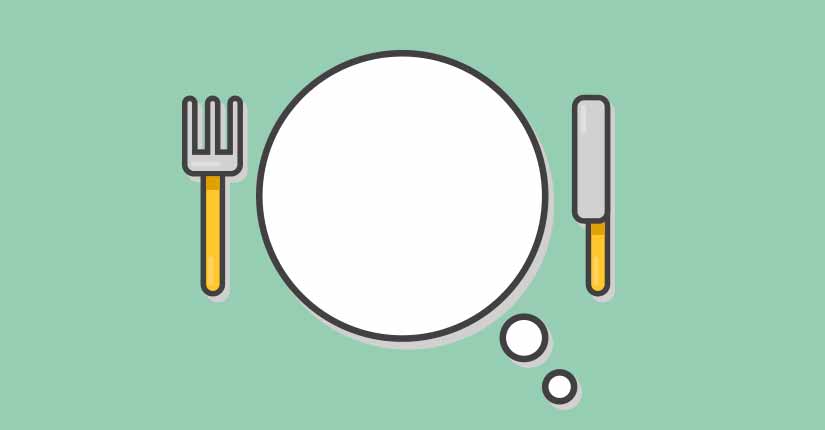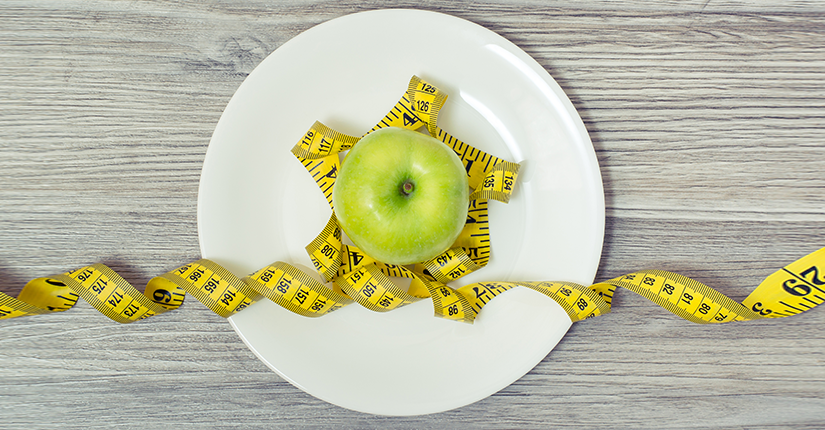World Iodine Deficiency Day: Importance of Iodine in Diet
By Nmami Agarwal 21-Oct 2020 Reading Time: 5 Mins
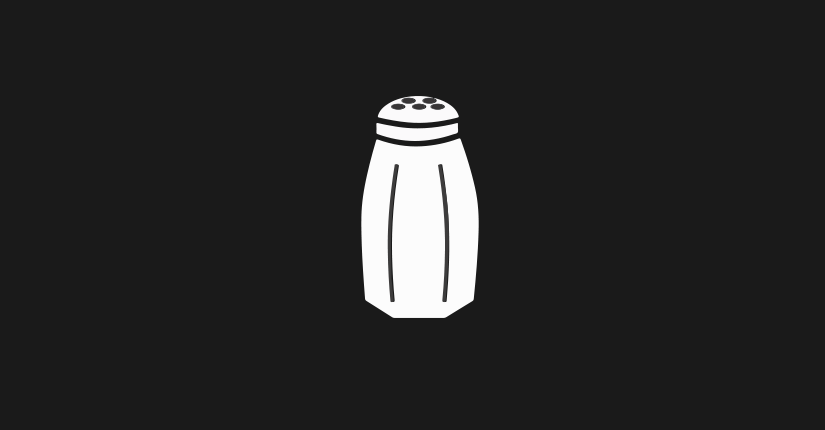
Iodine is a mineral that the body needs to make thyroid hormones. These hormones control the body’s metabolism and regulate protein synthesis, and the body needs it for some important functions like proper bone and brain development during pregnancy and infancy. Getting enough iodine is essential, especially for infants and pregnant women.
What are the sources of iodine?
Iodine is found in ‘iodised’ salt. It is, however, also found in some food items like- fish(cod and tuna), seaweed, shrimp, dairy products (milk, cheese, and yoghurt). An adult and teens( 14 and older) need 150 micrograms of iodine daily, a pregnant woman needs 220 micrograms, and a lactating woman needs 290 micrograms of it. Whereas a child of fewer than 6 months of age needs 110 micrograms of iodine daily.
What are the symptoms of iodine deficiency?
A deficiency of iodine can be diagnosed with urine tests. The symptoms of low iodine levels are detected through thyroid symptoms like:
- A noticeable goitre.
- A painful thyroid gland.
- Fatigue.
- Difficulty in swallowing.
- Brain fog.
- Depression
- Hair loss.
- Breathlessness, especially when lying down.
- Unintended weight gain.
On the contrary, if you consume too much iodine, it may lead to- nausea, diarrhoea, fever, or stomach pain. Iodine toxicity can, in fact, lead to coma.
What are the uses of iodine?
- Thyroid health.
- Neurodevelopment during pregnancy.
- Improving cognitive function.
- Treating thyroid cancer.
- Disinfecting water.
The thyroid gland regulates hormone production. In order to make thyroid hormones, the thyroid takes iodine in small amounts, and without appropriate amounts of iodine in the body, the thyroid hormone production can decrease. A low or an underactive thyroid gland can lead to hypothyroidism. Hence, try to have iodine in appropriate amounts each day.
Iodine intake during pregnancy is linked to brain development in fetuses, hence a pregnant woman needs more iodine. Hence, you need to take proper care of having close to 220 micrograms of iodine each day for not having any intellectual delay when your babies grow.
The similar neurological benefits of intaking iodine during pregnancy may extend to healthy brain function during childhood. This also includes a reduced risk of intellectual disability. Infants between 7-12 months must have 130 micrograms of iodine.
World Iodine Day.
21st October every year is observed as World Iodine Deficiency Day. The aim is to highlight the perils of low iodine and create awareness of the same. The objectives of the day are as follows:
- To explain the importance of iodine in the body.
- To explain symptoms and take preventive measures for each iodine deficiency disorder.
- To identify iodine-rich foods, while also adding them in the diet.
- To create an awareness regarding deficiency.
Over to you.
Iodine is an essential nutrient, having iodized salt, seafood, and certain vegetables are important to get enough iodine from the diet. In some cases, or as a treatment for certain medical conditions, such as underactive thyroid or goitre, iodine supplements may be recommended by the doctor. And if you are pregnant, then having an appropriate quantity of iodine is especially important for the growth of your child.

